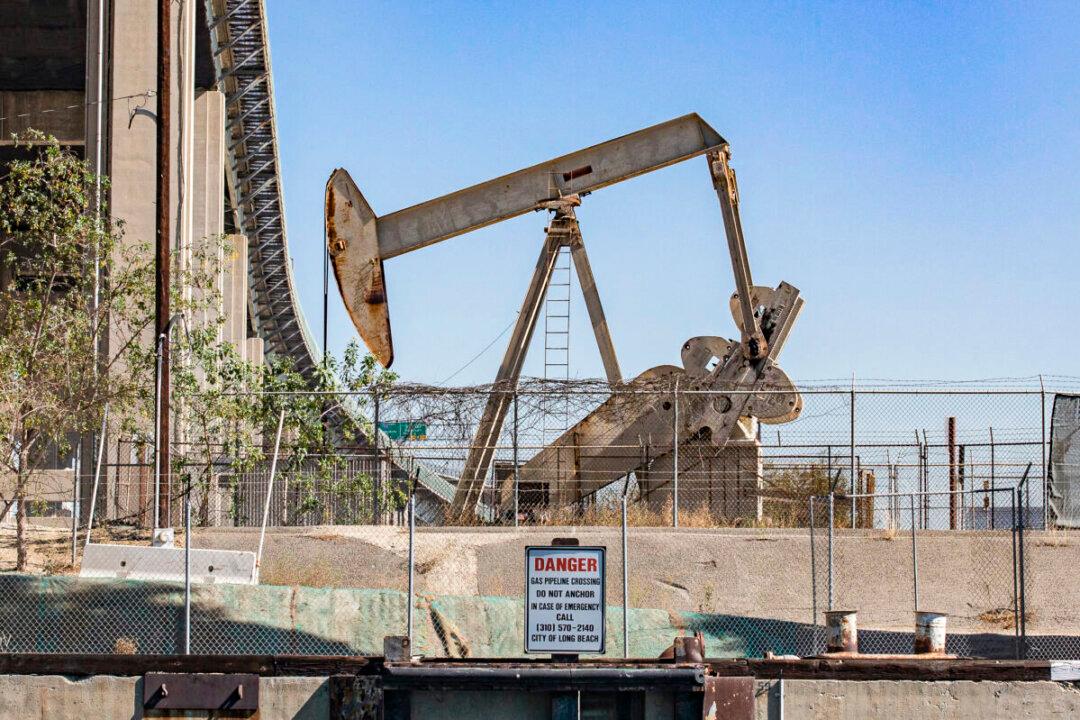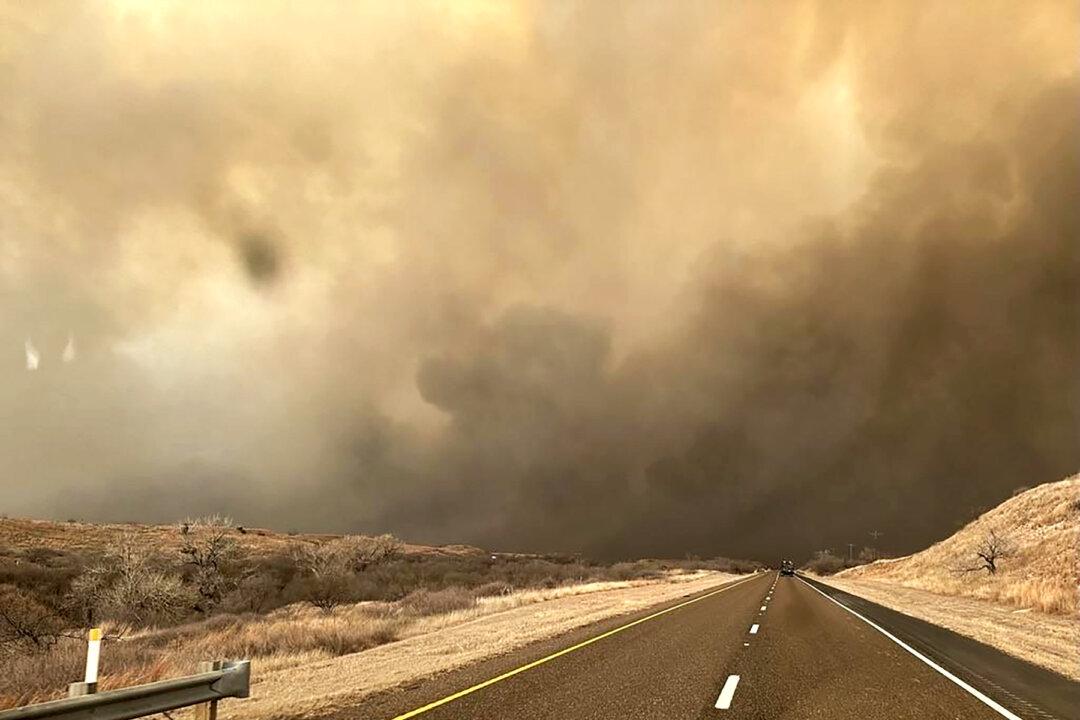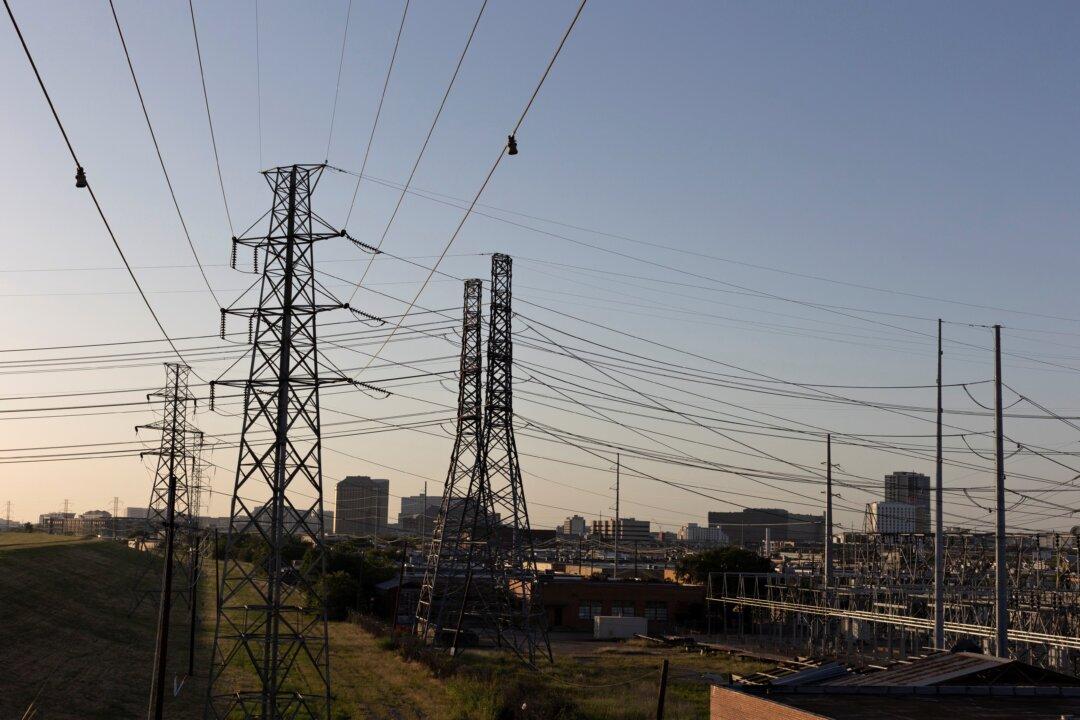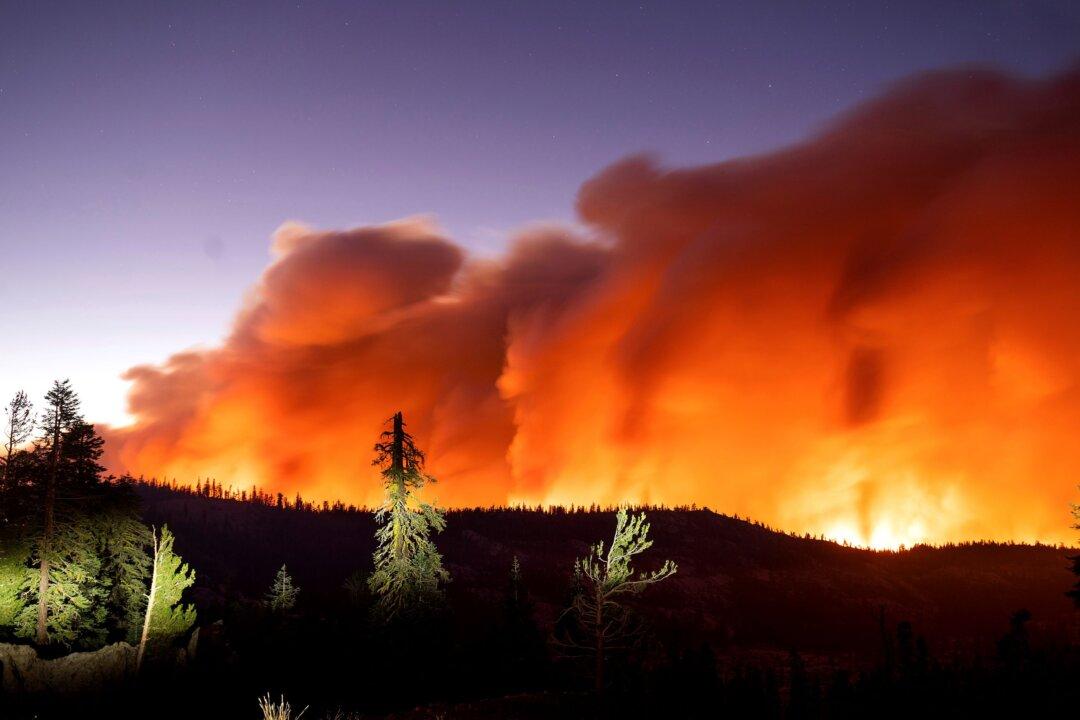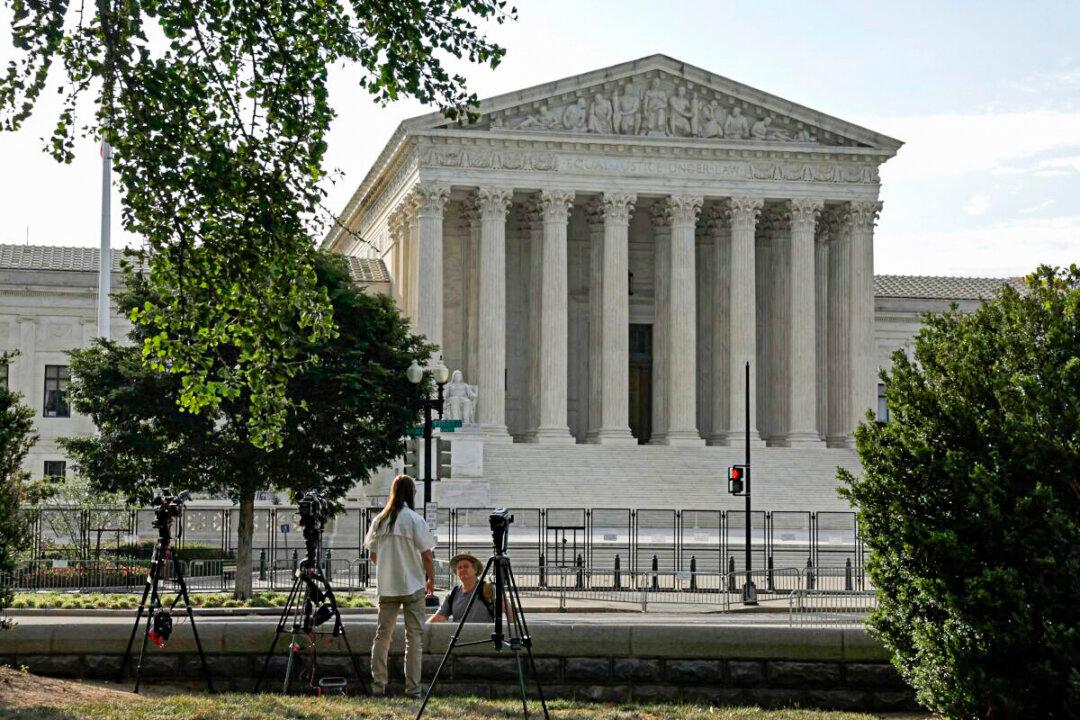Commentary
President Joe Biden has made fighting climate change the centerpiece of his presidency, primarily through restricting and eventually ending the use of fossil fuels. Why? Because, in Biden’s own words, “[Climate change is] the number one issue facing humanity. And it’s the number one issue for me.”
